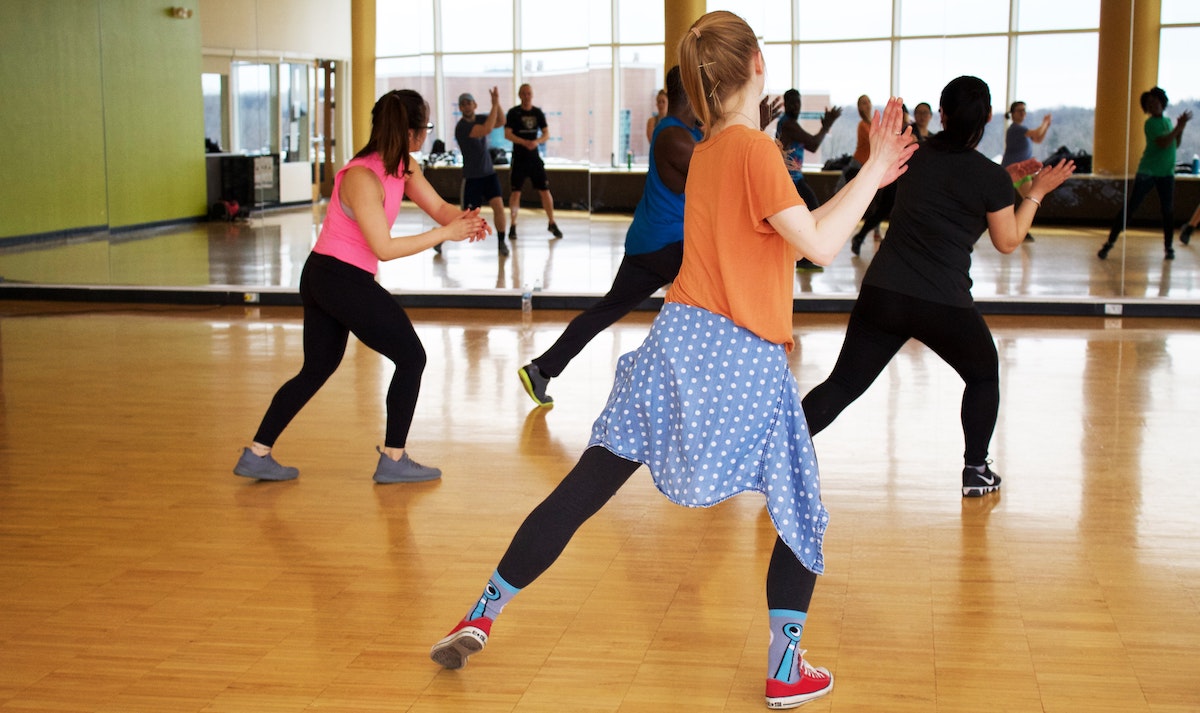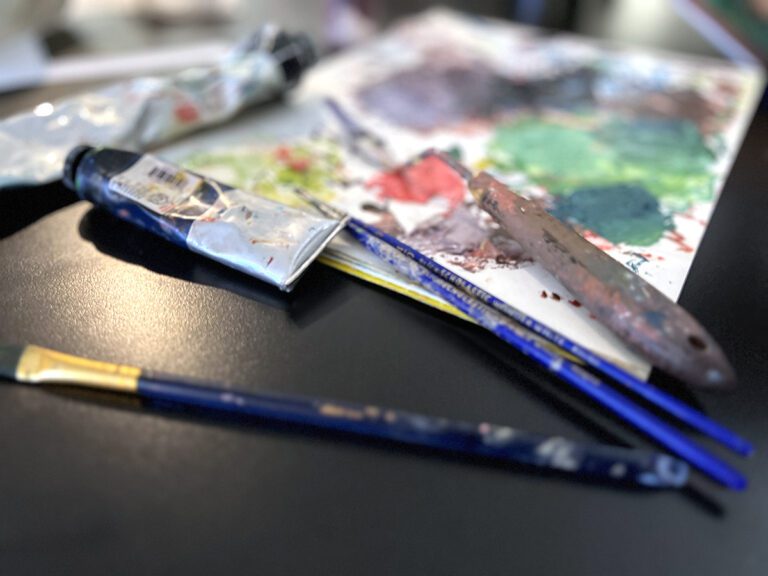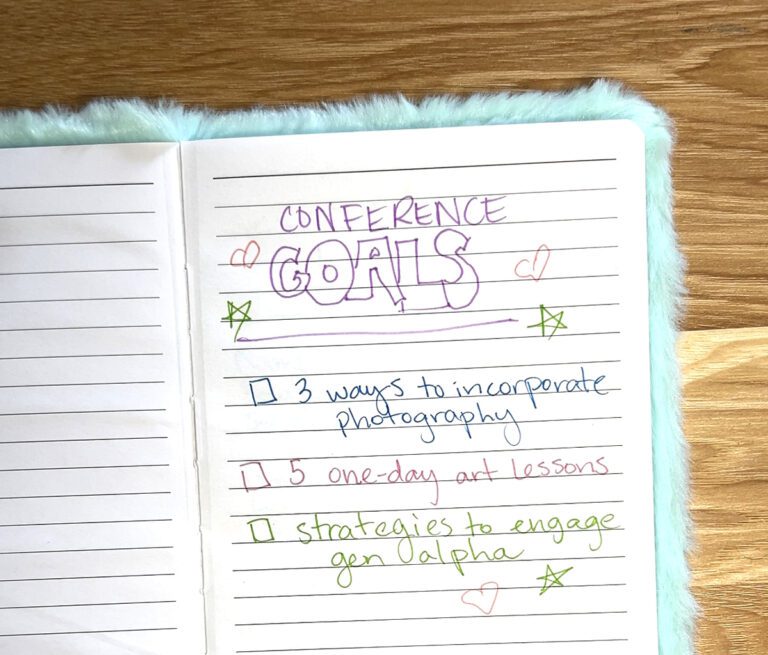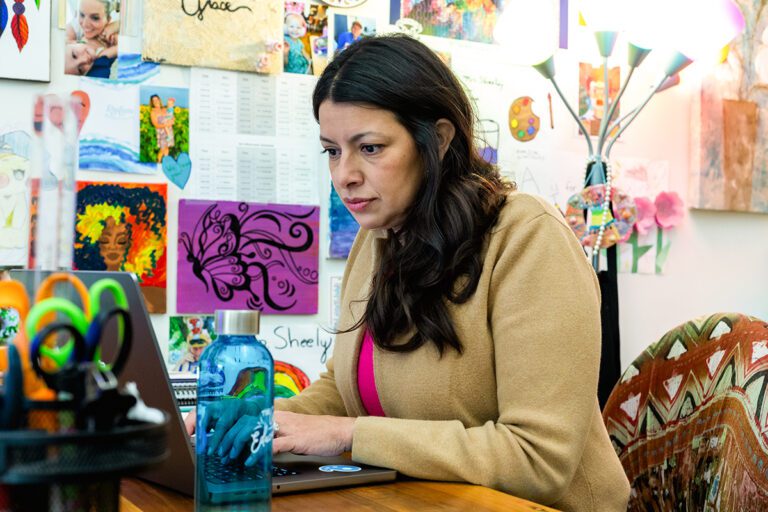Art Education and the Coronavirus (COVID-19)
Stress is a normal part of life. We get excited or anxious about things, especially when we aren’t sure how they are going to turn out. However, there is normal stress, like the stomach butterflies you get before a job interview or presentation, and there is abnormal stress, the sense of looming dread when there is just too much uncertainty.

The good news is that when it comes to managing both normal and more-than-normal stress, we have choices. We can choose to ignore, which often makes things worse, we can turn to unhealthy lifestyle choices, which again, can make things worse, or we can try our best to be informed and proactive in managing how we feel, how we react, and what we can do to protect ourselves from more stress. In fact, stress might even be good for you!
Instead of being scared of stress, why not see it in a different light? Look at stress as a visitor for the better. While our hyper-mode might not be fun, it can fuel some of our best work and clarity. Important to note: McGonigal’s research focuses on acute and short-term stress, not chronic and debilitating stress.
Read more:
2. Practice Empathy
When we are physically or emotionally isolated, we can lose connection. Empathy fuels connection. When it comes to school closures or communities making daily life changes, we are in this together. We have to choose to connect with ourselves deep down and connect with others. It is harder to connect with students when you are not right in front of them, but as educators, we can do the hard things.
Know how it feels to be a student and enroll in a Graduate Course.
3. Establish Good Habits
We know eating right and mindfulness are good for us, but we often underestimate how big oaf game-changer they actually are. Use The Five-Second Rule to establish a new habit.
For Healthy Eating Try:
- Understanding your digestive health
- Minimizing sugar and processed foods
- Make some healthy freezer meals
- Cook with kids, a friend, or family
- Try out new recipes

For more Mindfulness try:
- A meditation app: Calm or Headspace
- Read: Getting Started with Mindfulness
- Five Minute Mindfulness
- 5 Simple Mindful Activities Perfect for the Art Room
- PRO Learning Pack: Mindfulness in the Elementary Art Room
4. Declutter & Organize
Sometimes removing physical, mental and digital clutter can be a way of accomplishing two things at once—you feel in control of something and you make your life better in a tangible, visceral way.
Try taking control by:
- Organizing your home (closets, cupboards, refrigerator, storage)
- Deep clean and dust (shelves, drawers, fans)
- Journal and write all your thoughts
- Delete unnecessary emails
- Organize photos and order photo books
- Go through and sort your physical and online documents
5. Plan Ahead
The act of planning can quite the barking voice of panic. Even if your plans do not fully develop or finished as you thought, it is essential to be proactive. It is almost like telling stress to take a hike while you take care of something now.
Get ahead by:
- Plan next year’s curriculum now: Understanding the Curriculum Review Process, 3 Ways to Re-Focus Your School Year
- Unpack and align your curriculum to standards: How to Revamp Curriculum to Meet the National Visual Art Standards
- Create and video demonstrations for your students: Flipping Your Classroom Basics
- Work on your yearly evaluation: Preparing for Evaluations and Observations
- Sign up for a graduate or professional development course: AOEU Master’s Degree, AOEU Graduate Courses
6. Make Art
Make creating art a new habit. It’s not just about creativity; it is also about your health. Choose the media you have access to. Carve out fifteen minutes a day to create. Explore new ways of creating.
Start creating by:
7. Move Your Body
Whether it is walking, running, lifting weights, dancing in your living room, or yoga, physical activity accomplishes so much more than blood flow. It releases endorphins, allows you to appropriately react to stress, and can be fun!

Ways to move:
- Yoga with Adriene
- Blogilates
- Tabata Workouts
- HIIT Workouts
- Dance Workouts
- Walk at Home by Leslie Sansone
Stress is normal, but it easily can change how it feels for us to act normally. The above list is not prescriptive, nor will it cure any overwhelming situations or feelings you have. Hopefully, however, it gives you some new perspective and resources to help you navigate life regardless of the stresses and anxieties you may have.
What is your best stress management tool?
How do you help your students navigate stress?
Magazine articles and podcasts are opinions of professional education contributors and do not necessarily represent the position of the Art of Education University (AOEU) or its academic offerings. Contributors use terms in the way they are most often talked about in the scope of their educational experiences.






